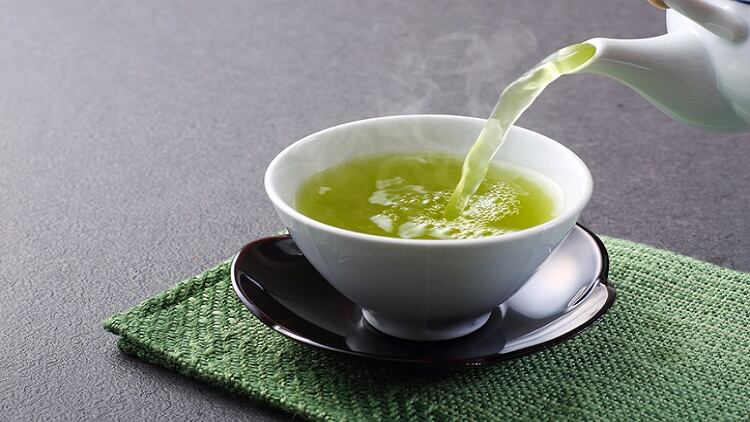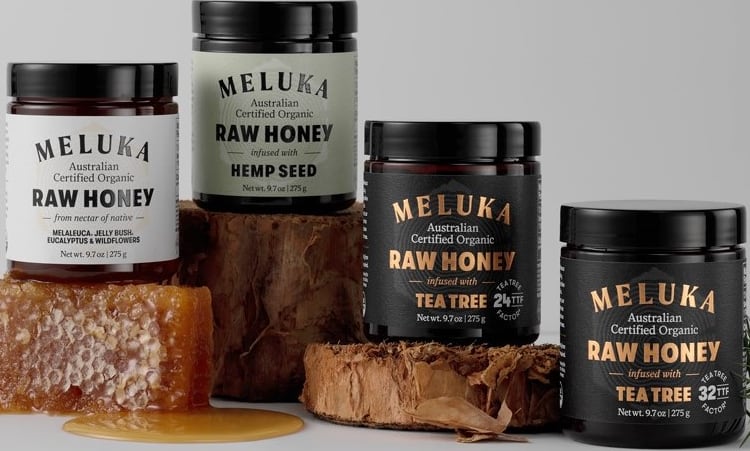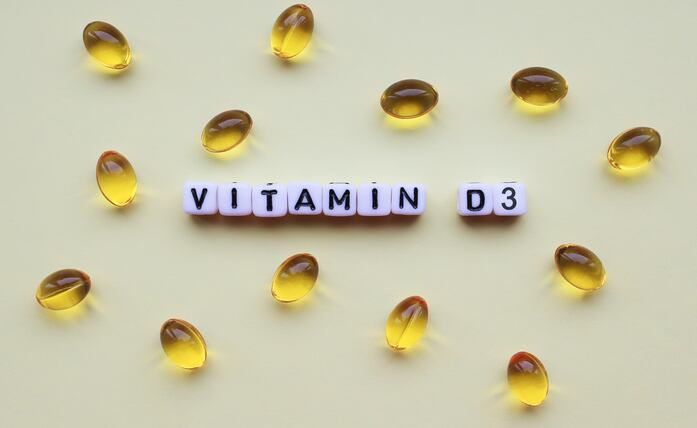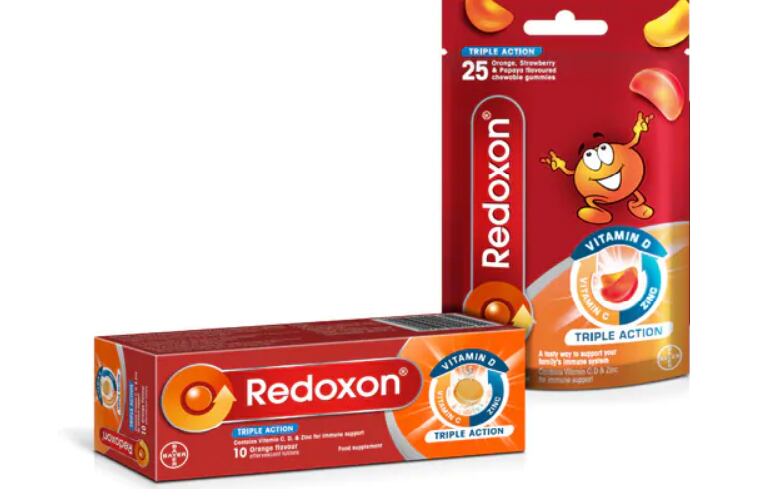The screening has already reached the halfway mark and the researchers hope to complete the screening on the remaining 500,000 ligands in the next two months, researcher Dr Binglin Li from the Northwest University, Xi’an, told NutraIngredients-Asia.
In fact, the present project is an extension of their findings published in the Journal of Food Biochemistry last month.
That study screened 10,870 ligands from 12 types of functional foods, including carbohydrates, fatty acids, phospholipids, vitamin, flavonoids, and curcumin etc.
Using molecular docking methods, the virtual screening found that ligands with an aromatic ring structure and double bonds have a stronger affinity with the main protease of COVID-19.
Examples of ligands with such structures are flavonoids, which is also why Dr Li and his colleagues concluded that quercetrin – a type of flavonoid – and its isomers/analogs/derivatives are the best inhibitors.
Quercetrin is rich in non-fermented tea, including green and white tea, Dr Li said.
What findings?
The study, supported by the Key Research and Invention Program in Shaanxi Province of China, also measured the affinity of two FDA approved drugs – conivaptan and azelastine – with the COVID-19 protease.
The molecular docking results showed that flavonoids have a better binding affinity with the main protease of COVID-19, when compared to conivaptan and azelastine.
For flavonoids, it had a binding affinity of -9.1Kcal/mol, while that of conivaptan was -8.2Kcal/mol, and azelastine at -7.9Kcal/mol.
In addition, due to the reported side effects of the medicines, including blood and lymphatic system disorders, the researchers believe that functional foods would be safer.
On the other hand, fatty acids have the weakest affinity.
“Fatty acids without the ring structure showed the poorest affinity with the main protease of SARS-CoV-2. The docking affinity might increase with the numbers of rings and double bonds of ligands,” the researchers said.
The implication of the finding is that ligands such as quercetin could potentially affect the functionality of the COVID-19 virus. This is, however, a hypothesis which needs to be proven in actual experiments, he added.
Also, since the main protease of COVID-19 showed some level of affinity with several nutrients, the researchers also hypothesised that it would consume these nutrients, in turn, damaging the body.
“It should be further considered whether the exogenous nutrients should be provided to slow, halt, or reverse biochemical alterations and structural deterioration in our body,” the researchers said.
Regional food focus
On the present project, Dr Li said he would focus on screening the ligands of regional food raw materials.
Examples include wolfberry commonly used in Chinese cuisine and the golden oyster mushroom (pleurotus citrinopileatus).
“Ever since the previous study was published, we have received good feedback and interest from collaborating companies and other researchers, which is why we have decided to continue the screening,” he said.
“The point of the work is not to find the treatment for COVID-19 but more of finding an adjuvant therapy.”
The one million ligands that would be screened do not include those from the previous research.
As for the prospects of conducting human clinical trials, he said that this would be much further down the road, since lab and animal experiments needed to be conducted first.
Source: Journal of Food Biochemistry
Virtual screening for functional foods against the main protease of SARS-CoV-2
DOI: 10.1111/jfbc.13481
Authors: Jiao Wang, Xiaoli Zhang, Alejandra B. Omarini, and Binglin Li





